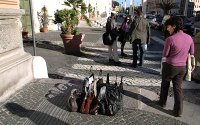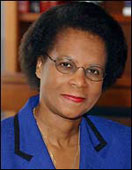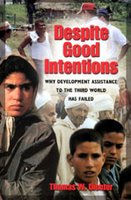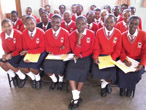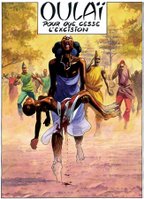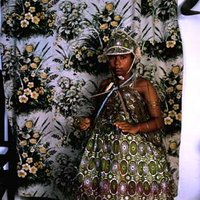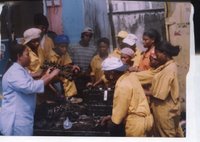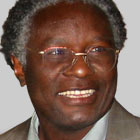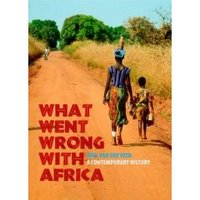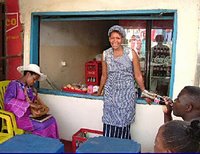 Underappreciated "...Street-vended and informally vended food can contribute significantly to the food security of those involved in its production, particularly suppliers of raw produce, food processors and vendors. Women are often owners or employees of street food businesses. In certain countries (Benin, Ghana, Lesotho, Togo and Democratic Republic of Congo), they represent 70 to 90% of vendors. In Ghana and most developing countries, most women sell food in the street primarily to improve the food security of their household and also to have some degree of financial independence.Despite its growing presence, it is a sector that has rarely been the focus of strategic research initiatives that determine the importance and potential hazards of street-vended food, and what contribution it makes to the livelihoods of the urban and peri-urban poor (both producers and consumers)..."
Underappreciated "...Street-vended and informally vended food can contribute significantly to the food security of those involved in its production, particularly suppliers of raw produce, food processors and vendors. Women are often owners or employees of street food businesses. In certain countries (Benin, Ghana, Lesotho, Togo and Democratic Republic of Congo), they represent 70 to 90% of vendors. In Ghana and most developing countries, most women sell food in the street primarily to improve the food security of their household and also to have some degree of financial independence.Despite its growing presence, it is a sector that has rarely been the focus of strategic research initiatives that determine the importance and potential hazards of street-vended food, and what contribution it makes to the livelihoods of the urban and peri-urban poor (both producers and consumers)..."
via Natural Resources Institute






